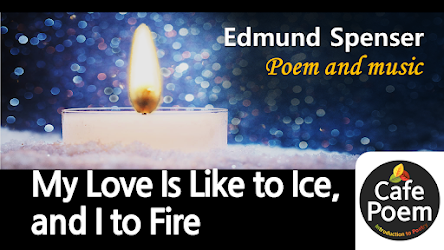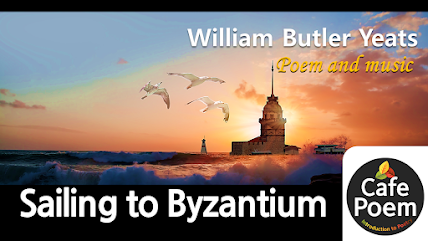These I Can Promise
I cannot promise you a life of sunshine;
I cannot promise riches, wealth or gold;
I cannot promise you an easy pathway
That leads away from change or growing old.
But I can promise all my heart’s devotion
A smile to chase away your tears of sorrow;
A love that’s ever true and ever growing;
A hand to hold in yours through each tomorrow.
Enjoy the poem with beautiful music.
poem video👇
Who wrote the poem "These I Can Promise"?
Mark Twain (Samuel Langhorne Clemens) (November 30, 1835 – April 21, 1910)
Samuel Langhorne Clemens (known by his pen
name Mark Twain) was an American writer, humorist, journalist, lecturer, and
entrepreneur. His works include The Adventures of Tom Sawyer (1876) and Adventures
of Huckleberry Finn (1884). William Faulkner, an American writer, called
Twain the “father of American literature.” Ernest Hemingway wrote, “All modern
literature comes from one book by Mark Twain called Huckleberry Finn.” As the
sixth child of his parents, Twain was born two months prematurely and was in
poor health in his youth. He often got into various mischief to test her
mother’s love. Twain asked his mother in her 80s about his poor health as a
child. Twain: “I suppose that during that whole time you were uneasy about me?”
Mother: “Yes, the whole time.” Twain: “Afraid I wouldn’t live?” Mother: “No,
afraid you would.” Apart from famous novels, Twain also wrote at least 126
poems despite his claims that he detested poetry. (He also said he detested
novels.)
"These I Can Promise" explanation
This succinct and relatable poem has been a
popular ceremony reading in wedding and anniversary celebrations.








